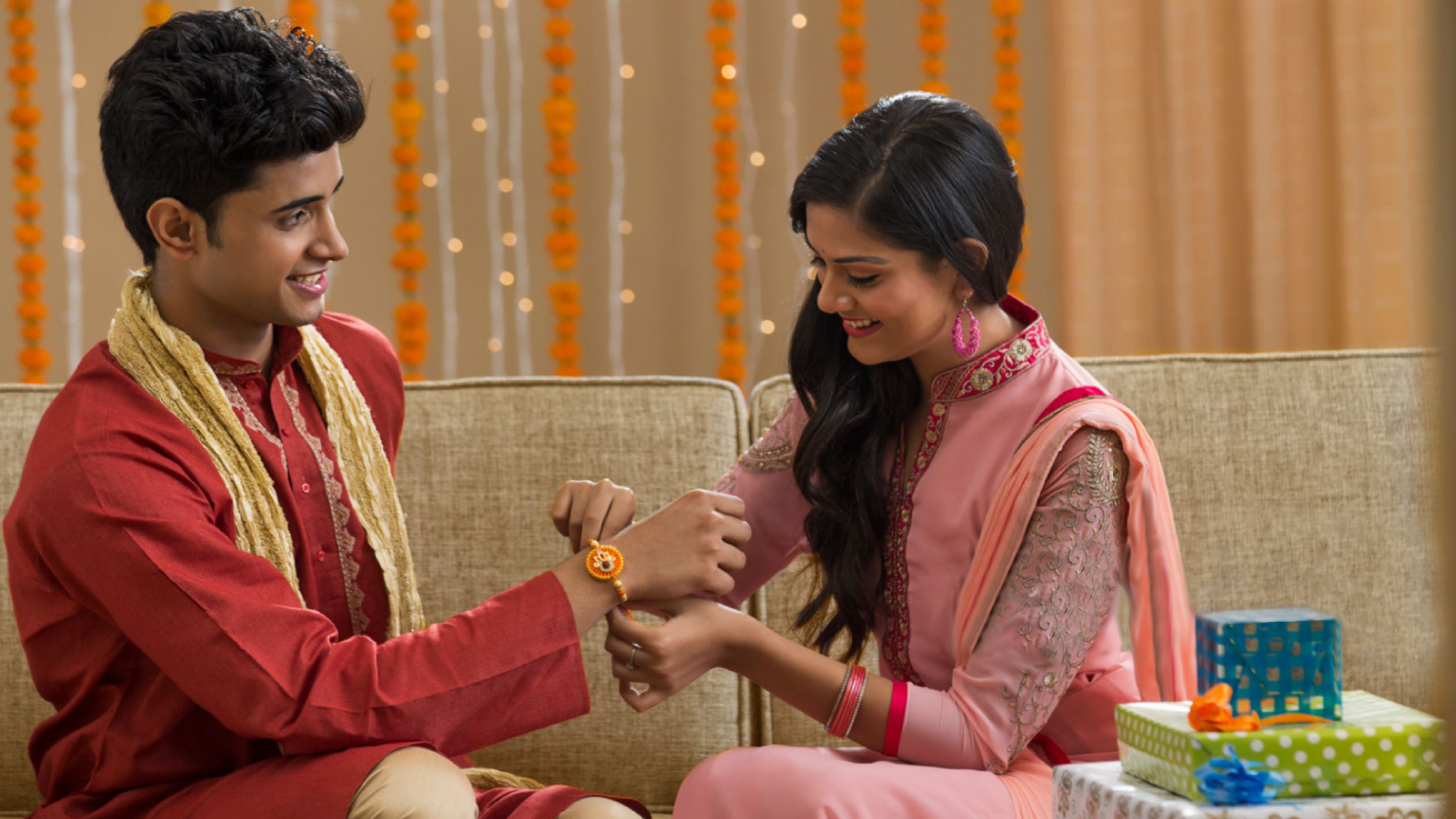
Item added to cart
Posted on July 07, 2020

Culture and traditions evolve much like the people who celebrate them.
Today you can say Eid Mubarak over FaceTime, and send home-made Christmas cake all over the globe. The traditions that survive, do so because we resonate with their spirit and can adapt them to our modern lives.
At its core, Raksha Bandhan is about celebrating family (blood or otherwise), love, and protection. It honours the platonic bonds that weave through our societal fabric and make it so strong. Raksha Bandhan is traditionally associated with a brother protecting his sister but love (and the need to protect) flows both ways.
A couple of years ago a CCTV camera captured the courageous and quick-minded act of eight year old Aarti. When a rampaging cow attacked them, she tried to move her baby brother out of the way and then protected him by holding him close and turning her own back to the animal.
In 2019, an 11-year-old girl saved her little brother from a leopard. She shielded him with her body and suffered severe injuries herself. The government helped pay for her treatment and she was recommended for a Bravery Award. Her name – Rakhi.
Not all threats are external; sometimes they come from within. When both her brother’s kidneys failed, Dhanesh saved her brother’s life by donating one of her kidneys.
Globally, women constitute a higher proportion of living organ donors. In India, over 70% of kidney donors are women while the recipients are usually male.
It is no secret that women (and men) have made sacrifices or put themselves at risk to protect their loved ones or for the world at large. This is a great time for you to re-evaluate any pre-conceptions you might be holding on to and give thanks to those you lean on. Remember those who have protected you physically, and those who help take care of your mental health.
Give them a call and a gorgeous gift from William Penn this Raksha Bandhan!